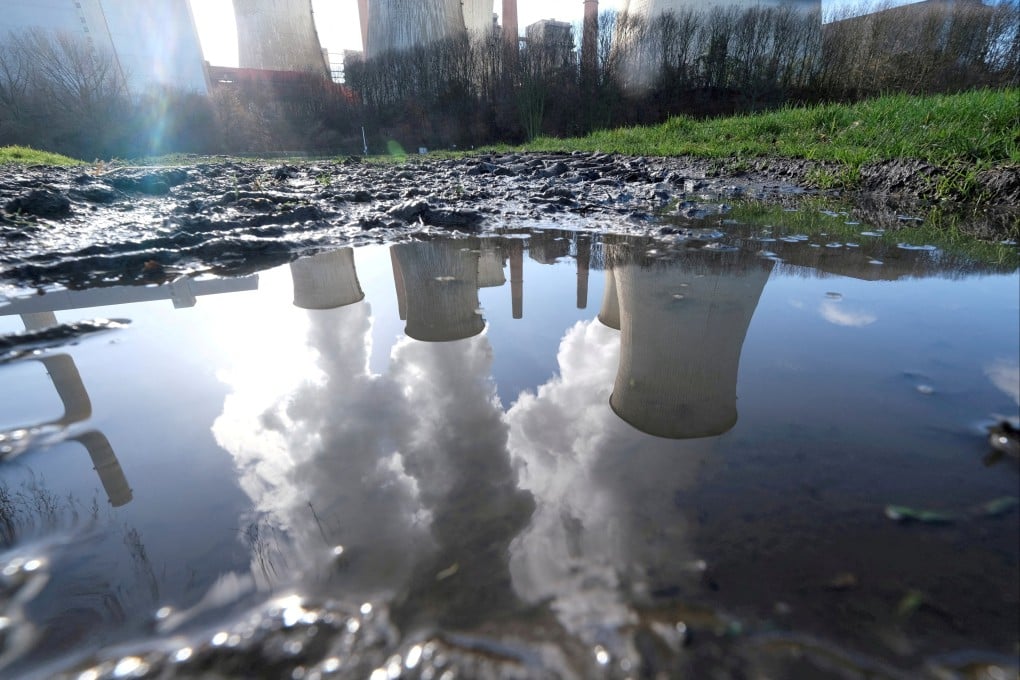Advertisement
The View | Business sustainability is finally catching on, even in Hong Kong
- As governments mandate disclosure of corporate climate risks, companies have to measure their impacts on the environment
- Firms will then need to cooperate with many stakeholders up and down their supply and demand chains to see how they can reduce carbon emissions
Reading Time:3 minutes
Why you can trust SCMP

You know the world is changing when you must learn new tricks. Governments are declaring carbon commitments. Regulations are mandating disclosure of corporate climate risks. Companies are wanting to hire people with sustainability skills. Industry leaders are adopting pro-environment and pro-social attitudes, consultants are beefing up their capability, and business schools are rolling out new courses.
Advertisement
ESG – environmental, social and governance – factors have become all the rage because regulators, including those in Hong Kong and on the mainland, are requiring greater disclosures with regard to corporate ESG performance.
Companies are hiring consultants to measure their carbon and pollutant emissions and waste. They then have to think about setting timelines and targets to reduce them and disclose their plans and results.
Measuring environmental footprints is a quantitative exercise that is relatively easy. Consulting firms can make such measurements and advise a company where and how to reduce their impact and at what cost.
There are good reasons to get on with it. For example, the Hong Kong government is set to impose a municipal waste charging scheme, probably before the end of 2023. That is a strong incentive for businesses to know how much waste they produce, and then to develop a waste reduction plan that includes separating recyclables from their waste stream to reduce the charge.
Advertisement
Businesses are also having to measure their carbon emissions. Apart from the direct emissions produced by activities that are owned or controlled by a company, it also has to reckon with the business’ energy use, like electricity, heating and cooling, which are provided by an outside company.

Advertisement
